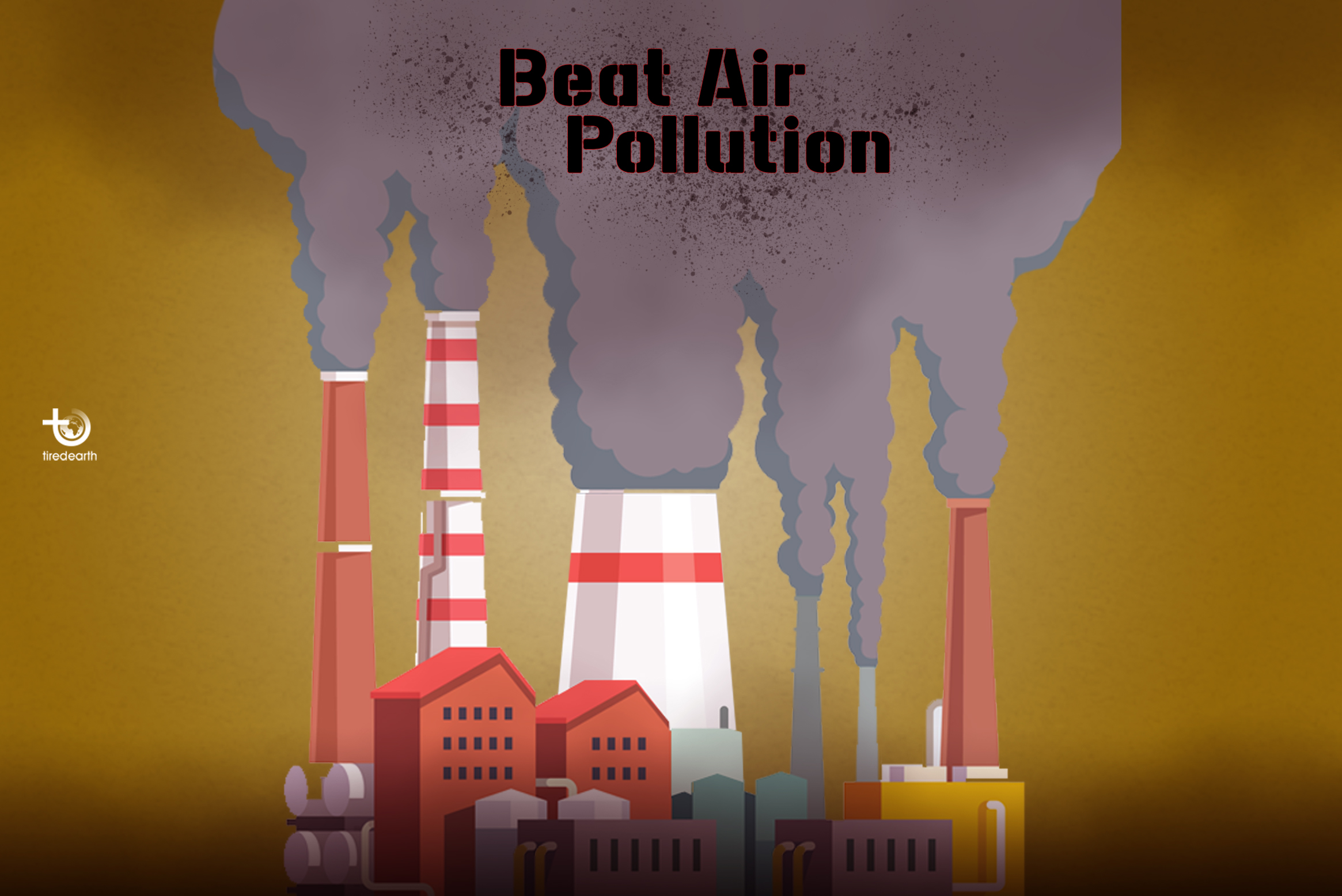Causes of Air Pollution
- Transport - The global transport sector accounts for almost one-quarter of energy-related carbon dioxide emissions and this proportion is rising. Transport emissions have been linked to nearly 400,000 premature deaths.
- Industry - In many countries, energy production is a leading source of air pollution. Coal-burning power plants are a major contributor, while diesel generators are a growing concern in off-grid areas.
- Household - The main source of household air pollution is the indoor burning of fossil fuels, wood and other biomass-based fuels to cook, heat and light homes. Around 3.8 million premature deaths are caused by indoor air pollution each year, the vast majority of them in the developing world.
- Waste - Open waste burning and organic waste in landfills release harmful dioxins, furans, methane, and black carbon into the atmosphere. Globally, an estimated 40 percent of waste is openly burned.
- Agriculture - There are two major sources of air pollution from agriculture: livestock, which produces methane and ammonia, and the burning of agricultural waste. Around 24 percent of all greenhouse gases emitted worldwide come agriculture, forestry and other land-use.
- Other sources - Not all air pollution comes from human activity. Volcanic eruptions, dust storms and other natural processes also cause problems. Sand and dust storms are particularly concerning.
What We Can Do To Help the Environment
The importance of caring for the environment is absolutely paramount for many reasons. Perhaps most importantly, we need to make sure that we leave this place better than when we came for the next generations. It wouldn’t be fair to hand them something we fouled up that they are responsible for cleaning up. With that in mind, here are a few ways to take care of our environment:
- Recycle: The benefits of recycling are immense! By recycling you reduce the waste going into landfills, reduce the need to acquire more raw materials, reduce the energy required to produce additional materials, and the list goes on and on!
- Choose Energy-Efficient Lighting: You might be spending more money out of pocket initially for higher-quality, energy-efficient light bulbs, but they will use less energy. This will reduce the pollution emitted from powering your lights and will save you money on your energy bill. Energy-efficient bulbs also last way longer than lower quality light bulbs so you will not have to buy replacements for a long time.
- Repurposing: So many things around your home can be repurposed and reused. Plastic bags, for instance, can be reused at the grocery store or used as small wastebasket bags.
- Detergents: There are a number of things we use detergents for. Most of them are bad for the environment. Everything that goes down a drain will eventually find its way back to a source of water again. Choose natural soaps, shampoos, body washes and laundry detergents to help keep our natural water supply clean.
- Reusable water bottles: Fossil fuels are required to make plastic bottles, so using fewer plastic bottles will help greatly in preserving this precious resource.













Comment
Reply